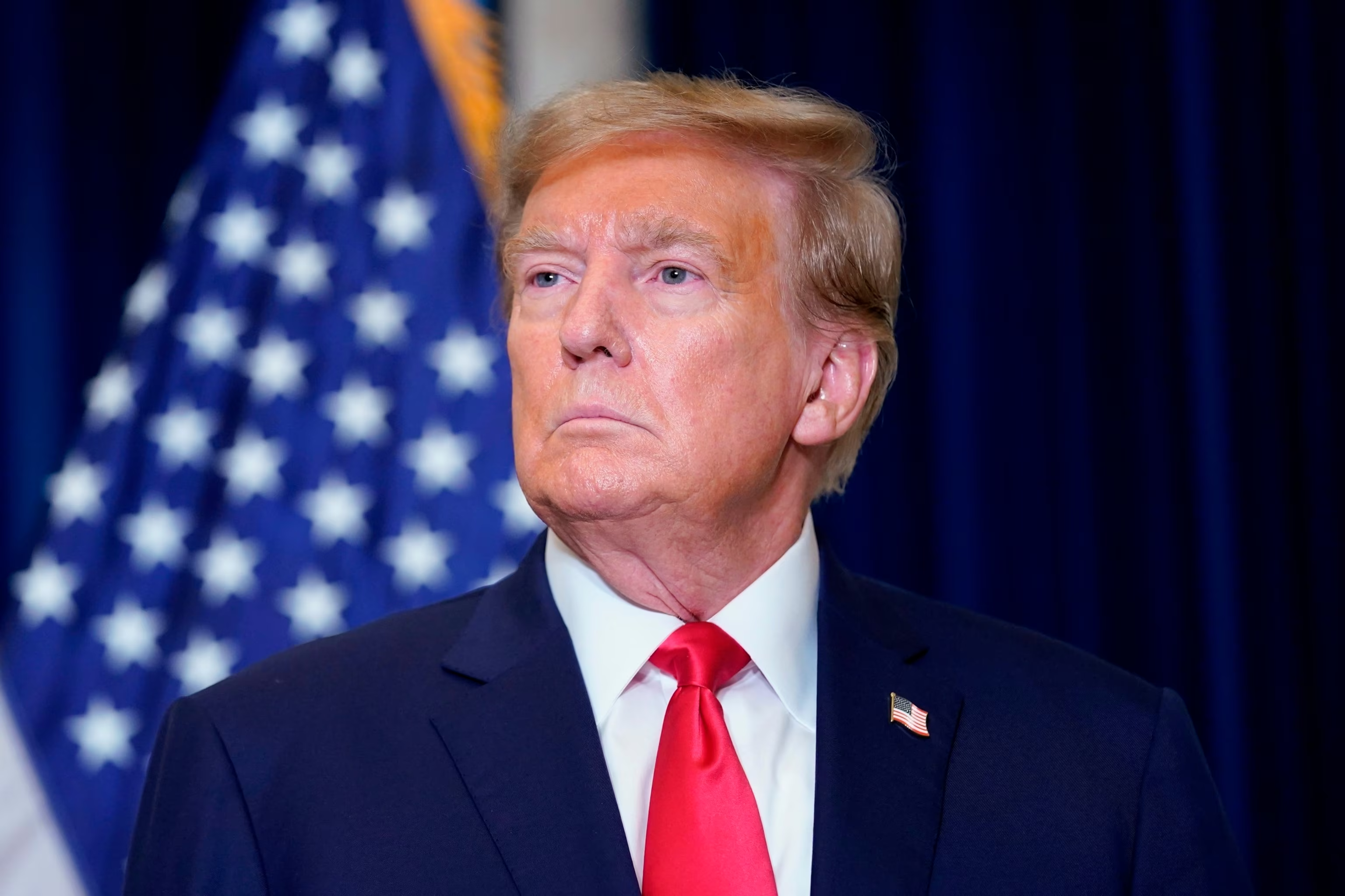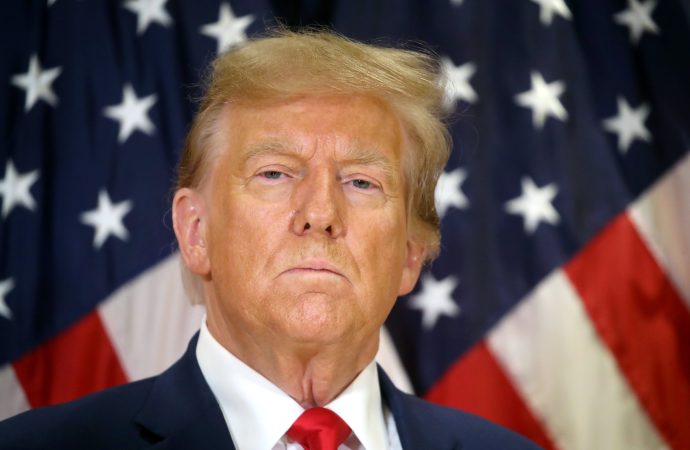Introduction In a pivotal legal development, a US appeals court has delivered a blow to former President Donald Trump’s claim of immunity in an election interference case. This decision carries far-reaching implications for the ex-President, the justice system, and the ongoing conversations surrounding accountability in the realm of politics. To unravel the significance of this
Introduction
In a pivotal legal development, a US appeals court has delivered a blow to former President Donald Trump’s claim of immunity in an election interference case. This decision carries far-reaching implications for the ex-President, the justice system, and the ongoing conversations surrounding accountability in the realm of politics. To unravel the significance of this ruling, we turn to Prof. Jessica Miller, a distinguished constitutional law expert.
Challenging the Notion of Immunity
The appeals court’s rejection of Donald Trump’s immunity claim marks a departure from the traditional understanding of executive immunity. Prof. Miller notes, “This decision challenges the notion that a sitting or former president is immune from certain legal actions, especially in cases related to election interference. It reinforces the principle that no one is above the law.”
The Details of the Case

This image is taken from google.com
To understand the context, it’s essential to delve into the specifics of the election interference case. Prof. Miller provides insight, stating, “The case revolves around allegations of interference in the electoral process. The court’s decision indicates a willingness to scrutinize such allegations, emphasizing the importance of preserving the integrity of democratic processes.”
Precedents Set and Legal Ramifications
The rejection of Trump’s immunity claim sets a precedent that could reverberate in legal circles. Prof. Miller elaborates, “This decision may influence future cases involving high-profile individuals and questions of accountability. It reinforces the judiciary’s role in safeguarding democratic institutions.”
Impact on Ongoing Political Discourse
Beyond the legal arena, the court’s decision is likely to impact the broader political landscape. Prof. Miller explains, “The denial of immunity opens avenues for further investigations and legal proceedings. It signals a shift in the discourse around holding public figures accountable for their actions, even after leaving office.”
Conclusion: A Defining Moment for Accountability
As the US appeals court denies Donald Trump immunity in the election interference case, the legal and political landscapes undergo a seismic shift. This decision is not merely about a single case but sets the stage for a broader conversation on accountability and the checks and balances within the American political system. In the pursuit of justice, the principle that no one is immune from legal scrutiny stands as a cornerstone, reaffirmed by this landmark ruling.
















